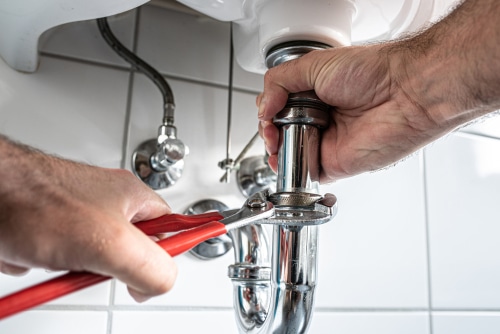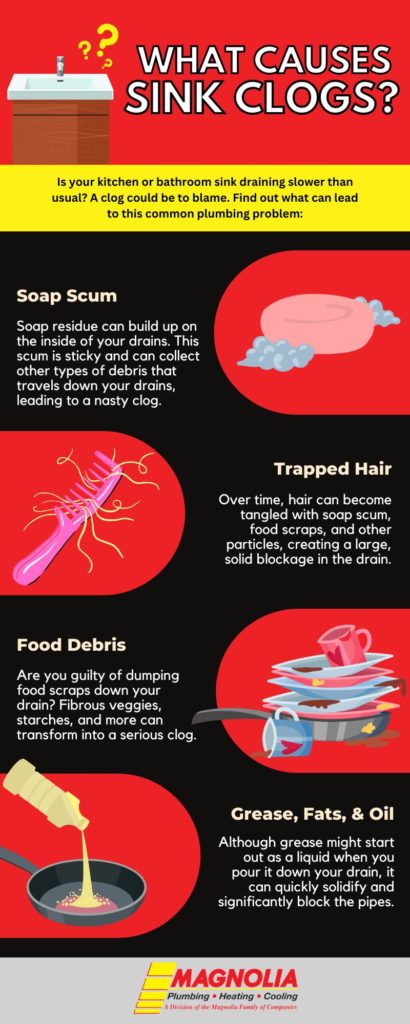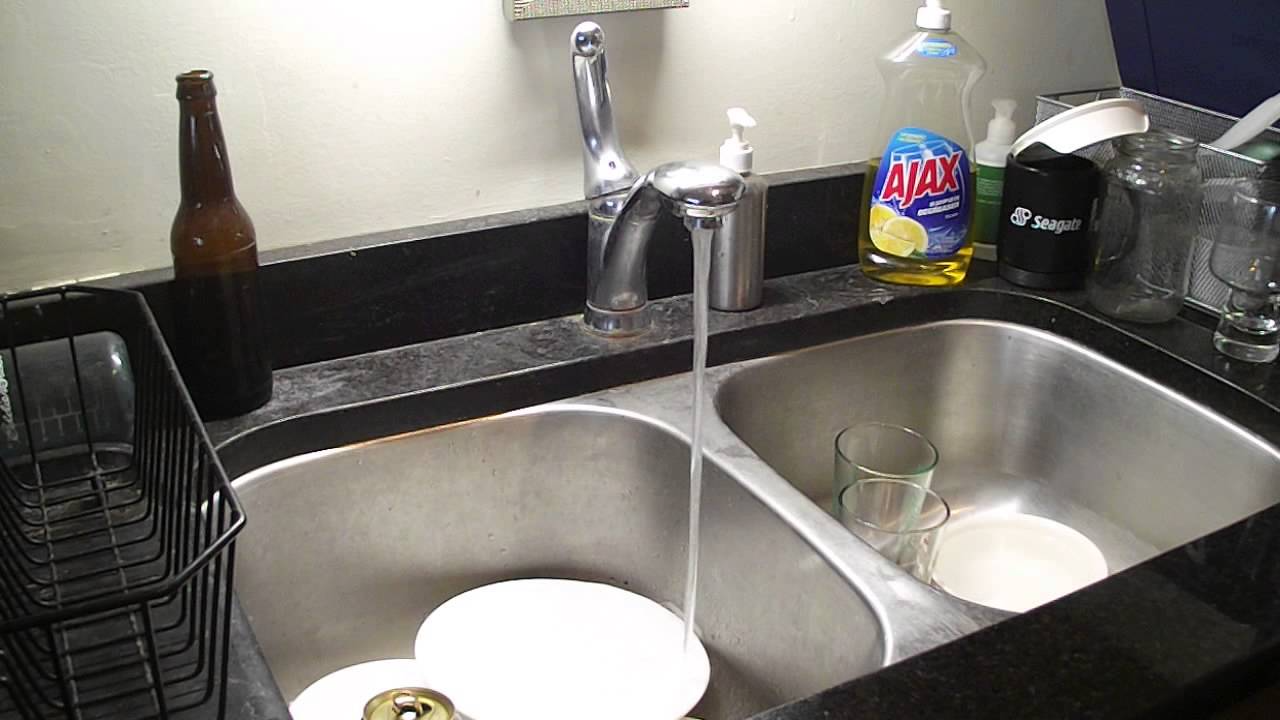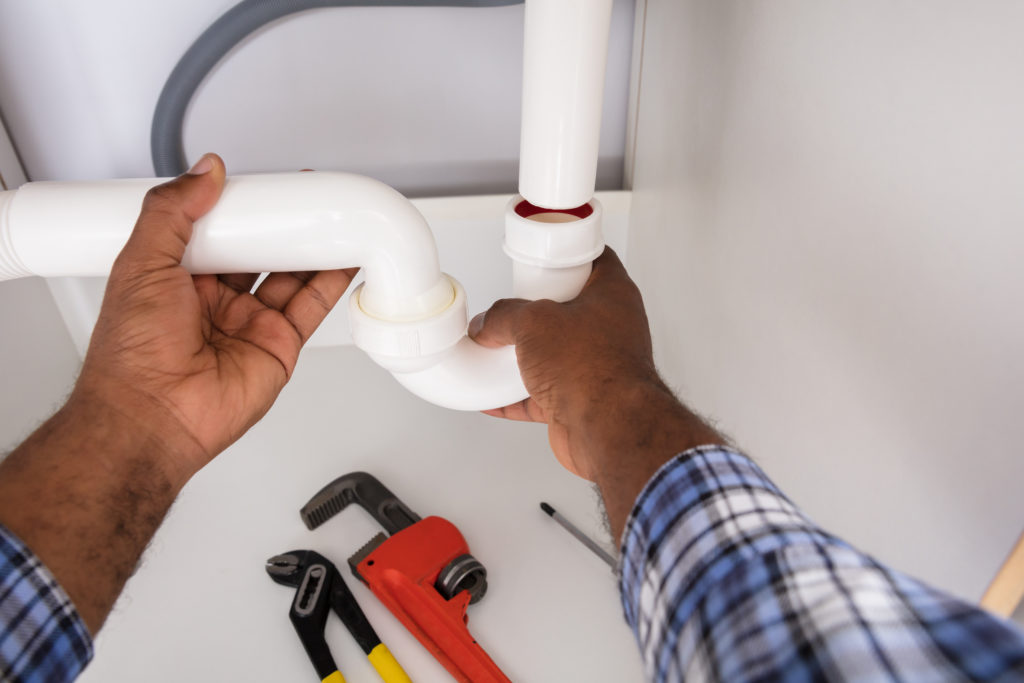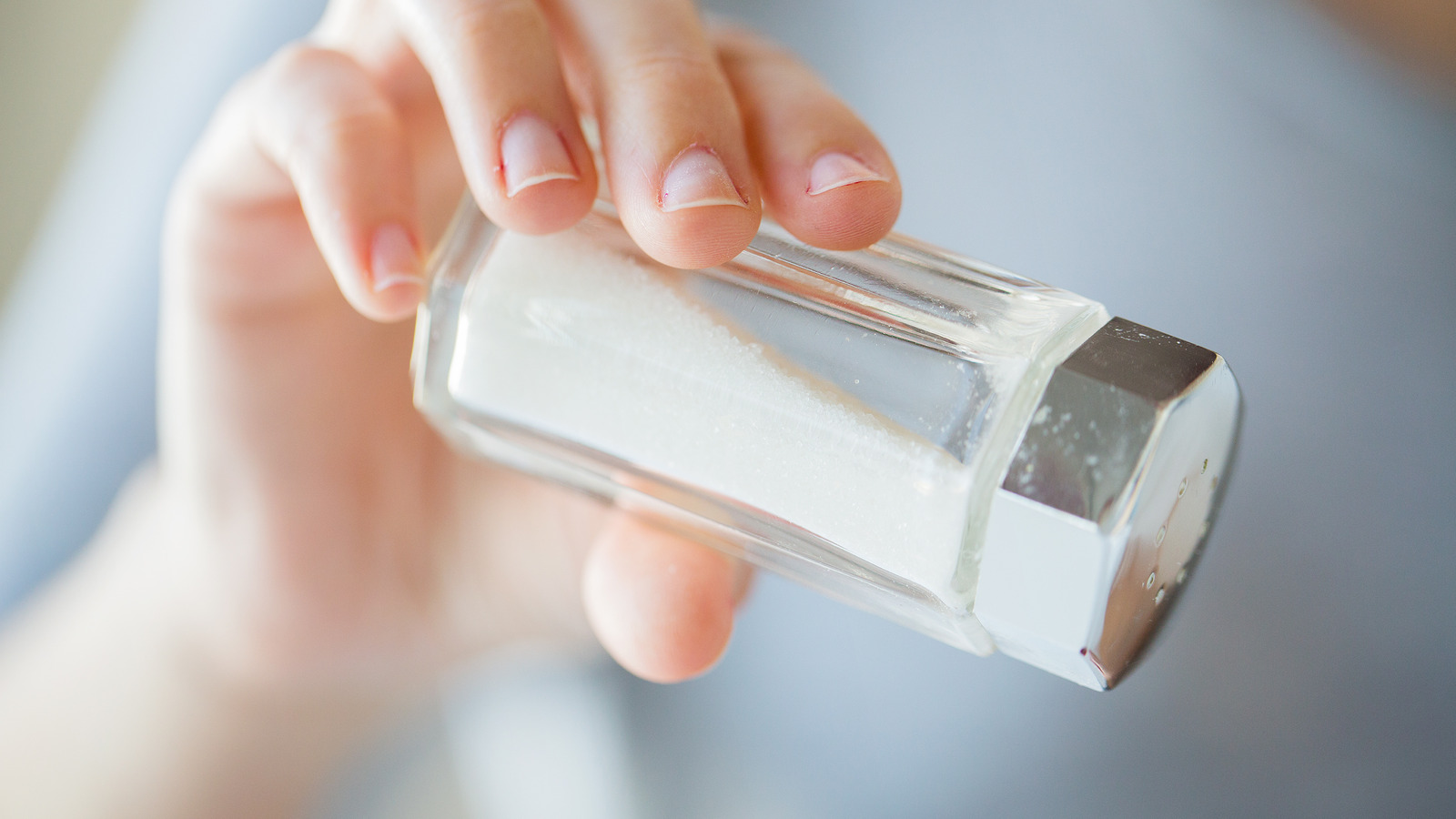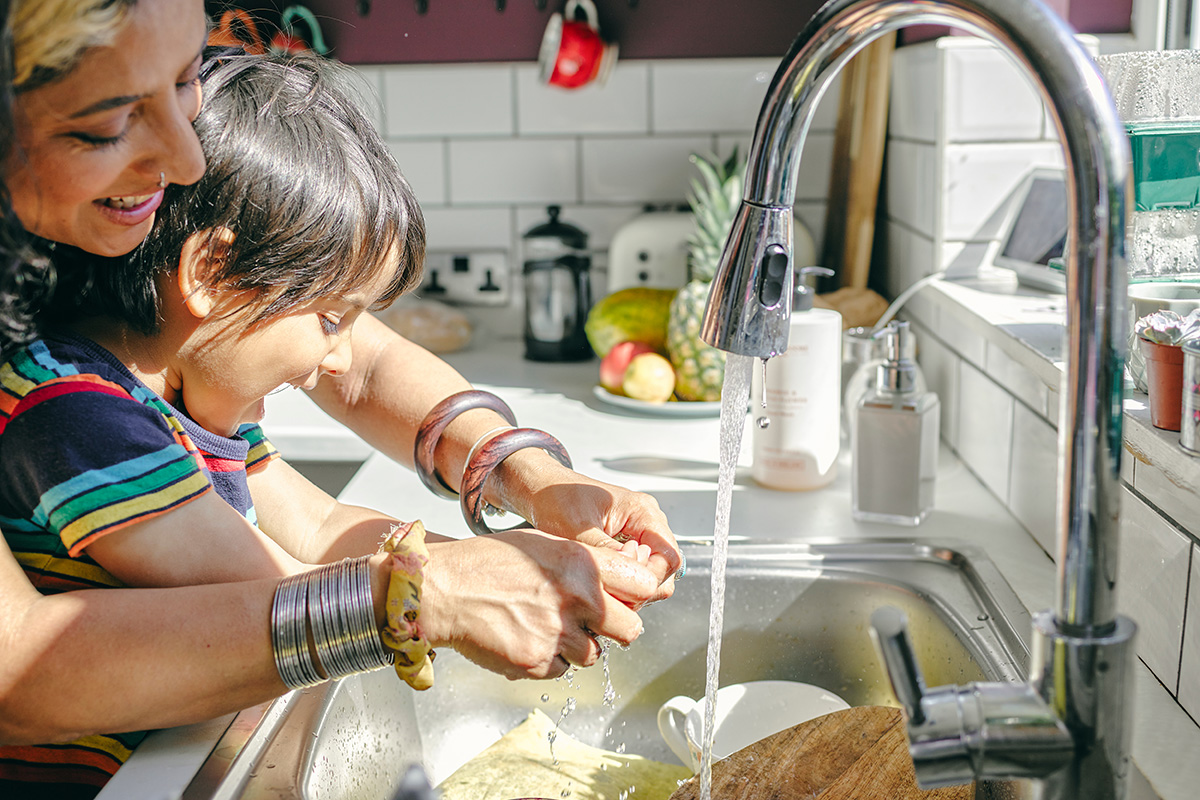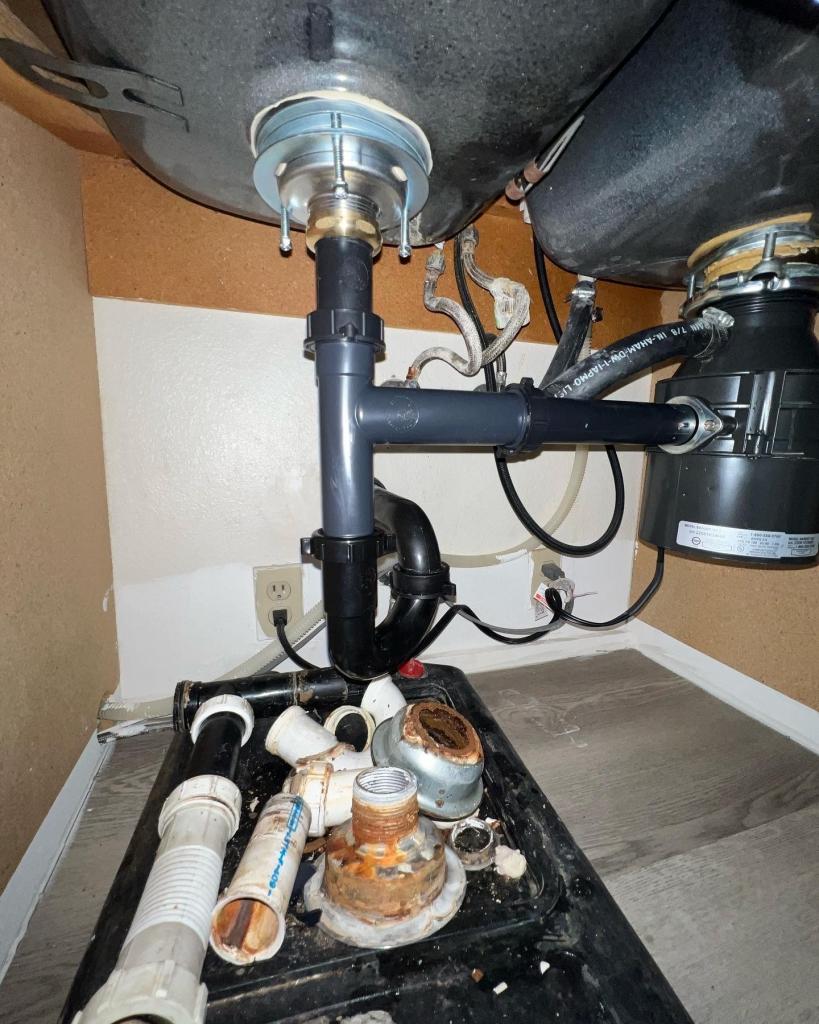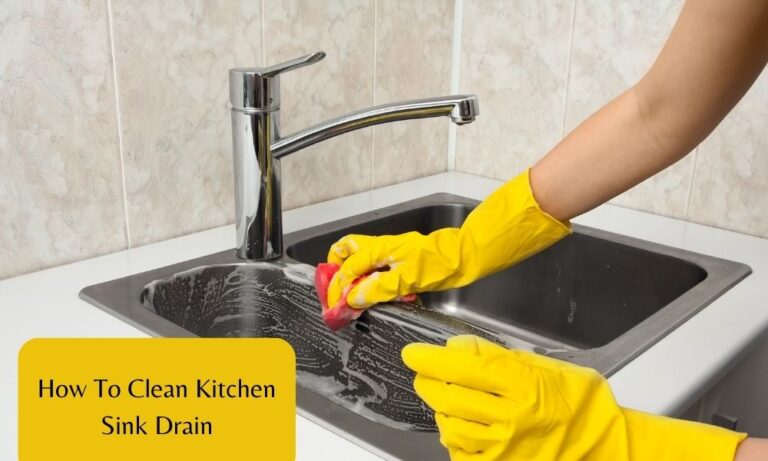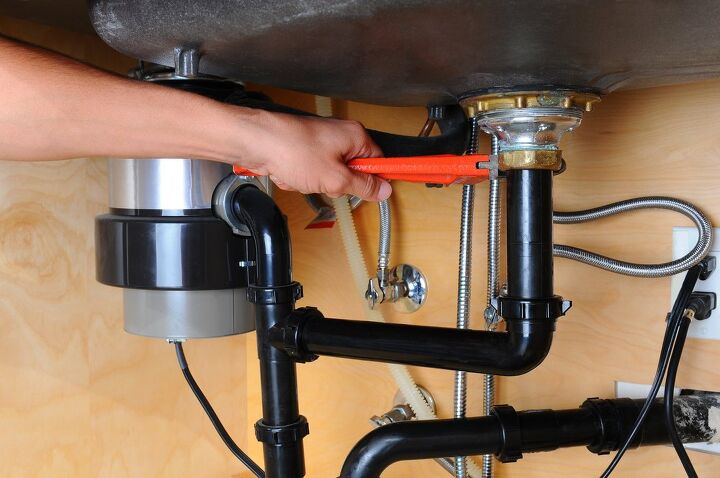1. How to Clean a Kitchen Sink Drain
Keeping your kitchen sink drain clean is an essential part of maintaining a healthy and functional kitchen. Over time, food particles, grease, and other debris can build up in the drain and cause clogs or unpleasant odors. But with the right cleaning techniques, you can easily keep your kitchen sink drain in top condition. Here's a step-by-step guide on how to clean a kitchen sink drain.
Step 1: Remove any visible debris from the drain: Before starting the cleaning process, it's important to remove any visible debris from the drain. Use a pair of gloves and a small brush or old toothbrush to remove any hair, food particles, or other debris that may be stuck in the drain. This will make the cleaning process easier and more effective.
Step 2: Boil hot water: Boiling water is a simple yet effective way to clean your kitchen sink drain. It helps to loosen and dissolve any grease or residue that may be stuck in the drain. Boil a pot of water and carefully pour it down the drain. Let it sit for a few minutes before moving on to the next step.
Step 3: Use a mixture of baking soda and vinegar: Baking soda and vinegar are natural cleaning agents that can help to break down any buildup in your drain. Mix 1/2 cup of baking soda with 1/2 cup of vinegar and pour it down the drain. Let it sit for about 10 minutes before flushing it with hot water.
Step 4: Use a plunger: If the above methods don't work, you can try using a plunger to dislodge any stubborn clogs. Place the plunger over the drain and push it up and down several times. This will create suction and help to loosen any clogs. Flush the drain with hot water to see if the clog has been cleared.
Step 5: Use a drain snake: If the plunger doesn't work, you can try using a drain snake to remove any clogs. Insert the snake into the drain and twist it until you feel resistance. This indicates that the snake has reached the clog. Keep twisting and pushing until the clog is dislodged.
Step 6: Rinse with hot water: Once you've cleared the drain, it's important to flush it with hot water to remove any remaining debris or residue. This will also help to prevent future clogs from occurring.
2. DIY Kitchen Sink Drain Cleaning
Cleaning your kitchen sink drain doesn't have to break the bank. There are many simple and effective DIY methods that you can use to keep your drain clean and clog-free. Here are a few DIY kitchen sink drain cleaning methods to try.
1. Boiling water and salt: Similar to the hot water method mentioned above, boiling water and salt can also be used to clean your drain. Simply mix a cup of salt with a pot of boiling water and pour it down the drain. Let it sit for a few minutes before flushing it with hot water.
2. Baking soda and lemon juice: For a fresh and natural approach to cleaning your kitchen sink drain, mix 1/2 cup of baking soda with 1/2 cup of lemon juice and pour it down the drain. Let it sit for about 10 minutes before flushing it with hot water.
3. Vinegar and salt: Another effective combination for removing stubborn clogs is vinegar and salt. Mix 1/2 cup of vinegar with 1/2 cup of salt and pour it down the drain. Let it sit for a few minutes before flushing it with hot water.
4. Dish soap and hot water: If your drain is just in need of a quick clean, you can use dish soap and hot water. Simply pour a few tablespoons of dish soap down the drain and flush it with hot water. This will help to remove any buildup and leave your drain smelling fresh.
3. Natural Ways to Unclog a Kitchen Sink Drain
Chemical drain cleaners can be harsh and damaging to your plumbing system. Fortunately, there are many natural and eco-friendly ways to unclog your kitchen sink drain. Here are a few options to consider.
1. Baking soda and vinegar: As mentioned earlier, mixing baking soda and vinegar can create a powerful cleaning solution that can break down clogs and remove buildup from your drain.
2. Salt and baking soda: Similar to vinegar, salt and baking soda can also create a chemical reaction that can help to dislodge stubborn clogs. Mix equal parts of salt and baking soda and pour it down the drain, followed by hot water.
3. Hot water and dish soap: This simple yet effective combination can help to remove minor clogs and keep your drain smelling fresh. Simply pour a few tablespoons of dish soap down the drain and flush it with hot water.
4. Coca-Cola: Believe it or not, Coca-Cola can also be used to unclog your kitchen sink drain. The carbonic acid in the soda can help to dissolve and break down clogs. Pour a can of Coca-Cola down the drain and let it sit for a few minutes before flushing it with hot water.
4. Best Products for Cleaning Kitchen Sink Drains
If you prefer to use commercial products to clean your kitchen sink drain, there are many options available. Here are some of the best products for cleaning kitchen sink drains.
1. Enzyme-based drain cleaners: These drain cleaners use natural enzymes to break down clogs and are safe for use in all types of plumbing.
2. Caustic drain cleaners: These cleaners use harsh chemicals to dissolve clogs and are best used for major blockages in older plumbing systems.
3. Drain snakes: Drain snakes are a handy tool for removing stubborn clogs. They come in various lengths and can be used in both kitchen and bathroom drains.
4. Chemical-free drain cleaners: For those who prefer to use chemical-free products, there are many eco-friendly drain cleaners available on the market.
5. Tips for Maintaining a Clean Kitchen Sink Drain
Prevention is key when it comes to keeping your kitchen sink drain clean and clog-free. Here are some simple tips to help maintain a clean kitchen sink drain.
1. Use a drain strainer: Install a drain strainer in your kitchen sink to catch any food particles or debris that may go down the drain. This will help to prevent clogs from occurring.
2. Avoid pouring grease down the drain: Grease can solidify in your drain and cause major clogs. Instead of pouring it down the drain, collect it in a container and dispose of it in the trash.
3. Run hot water after each use: After using your sink, run hot water down the drain to help prevent any buildup from occurring.
4. Regularly clean the sink trap: The sink trap, also known as the P-trap, is located under the sink and collects debris. Regularly removing and cleaning it can prevent clogs from occurring.
6. How Often Should You Clean Your Kitchen Sink Drain?
Cleaning your kitchen sink drain is not a task that needs to be done daily, but it's important to regularly maintain it to prevent clogs and odors. The frequency of cleaning your drain will depend on your usage and the type of food particles that go down the drain. However, a general rule of thumb is to clean your kitchen sink drain at least once a month.
7. Common Causes of Kitchen Sink Drain Clogs
Kitchen sink drain clogs can be caused by a variety of factors. Here are some common causes of clogs to watch out for.
1. Food particles: Food particles, especially those that are high in fat or grease, can easily cause clogs in your kitchen sink drain.
2. Coffee grounds: Coffee grounds may seem small, but they can clump together and create major clogs in your drain.
3. Hair: If you have long hair, it's important to regularly clean your drain to prevent hair buildup and clogs.
4. Soap scum: Soap scum can accumulate in your drain and cause clogs, especially if you have hard water.
8. Professional Kitchen Sink Drain Cleaning Services
If you're dealing with a stubborn clog or simply don't have the time to clean your kitchen sink drain, you can always hire a professional cleaning service. These professionals have the necessary tools and expertise to effectively clean your drain and prevent future clogs.
9. How to Prevent Kitchen Sink Drain Clogs
Prevention is the best way to avoid dealing with a clogged kitchen sink drain. Here are some simple ways to prevent clogs from occurring.
1. Use a drain strainer: As mentioned earlier, using a drain strainer can prevent food particles and debris from going down the drain and causing clogs.
2. Avoid pouring grease down the drain: Instead of pouring grease down the drain, collect it in a container and dispose of it in the trash.
3. Run hot water after each use: Running hot water down the drain after each use can help to prevent any buildup from occurring.
4. Regularly clean the sink trap: Make it a habit to clean the sink trap at least once a month to prevent clogs from occurring.
10. Troubleshooting Common Kitchen Sink Drain Issues
If you're experiencing issues with your kitchen sink drain, here are some common troubleshooting tips to try.
1. Slow draining: If your sink is draining slowly, try using a plunger or a drain snake to remove any clogs. You can also try using a mixture of baking soda and vinegar to break down the clog.
2. Unpleasant odors: To get rid of any unpleasant odors coming from your kitchen sink drain, try flushing it with hot water and a mixture of baking soda and vinegar. You can also use a commercial drain cleaner or hire a professional cleaning service.
3. Gurgling noises: Gurgling noises coming from your kitchen sink drain may indicate a clog or a ventilation issue. Try using a plunger or a drain snake to remove any clogs, and if the issue persists, it's best to call a professional plumber.
Having a clean and functional kitchen sink drain is crucial for a healthy and functional kitchen. With these tips and techniques, you can easily keep your kitchen sink drain in top condition and prevent any clogs or unpleasant odors from occurring. Remember to regularly clean and maintain your drain to avoid any major issues in the future.
Why Keeping Your Kitchen Sink Drain Clean is Essential for a Beautiful and Functional House Design
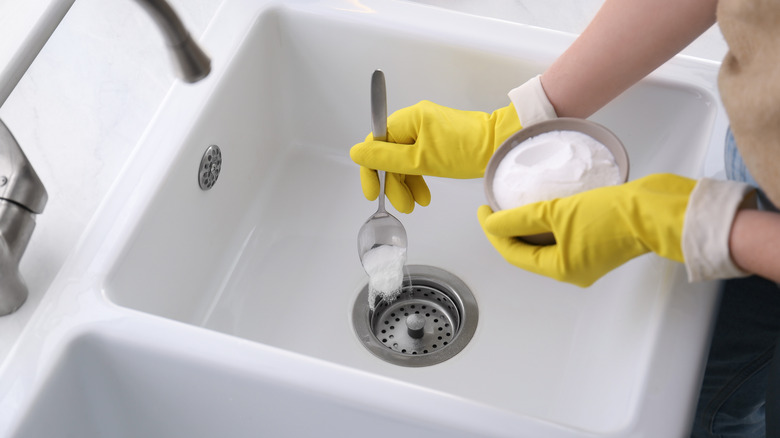
The Importance of a Clean Kitchen Sink Drain
 When it comes to maintaining a beautiful and functional house design, many homeowners tend to overlook the importance of keeping their kitchen sink drain clean. However, a clogged or dirty drain can not only be unsightly, but it can also lead to a host of other problems such as foul odors, slow draining, and even potential health hazards. Therefore, it is crucial to prioritize cleaning your kitchen sink drain regularly.
When it comes to maintaining a beautiful and functional house design, many homeowners tend to overlook the importance of keeping their kitchen sink drain clean. However, a clogged or dirty drain can not only be unsightly, but it can also lead to a host of other problems such as foul odors, slow draining, and even potential health hazards. Therefore, it is crucial to prioritize cleaning your kitchen sink drain regularly.
The Benefits of a Clean Kitchen Sink Drain
 Keeping your kitchen sink drain clean can have numerous benefits for your house design. Firstly, it helps maintain a clean and hygienic kitchen. A dirty drain can harbor bacteria, mold, and other harmful germs, which can contaminate your dishes and food. By regularly cleaning your drain, you can ensure a healthier and safer environment for you and your family.
Moreover, a clean kitchen sink drain can also improve the functionality of your kitchen. Clogs and blockages in the drain can lead to slow draining, causing water to back up and potentially damage your sink and pipes. By keeping your drain clean, you can prevent these issues and maintain a smoothly running kitchen.
Keeping your kitchen sink drain clean can have numerous benefits for your house design. Firstly, it helps maintain a clean and hygienic kitchen. A dirty drain can harbor bacteria, mold, and other harmful germs, which can contaminate your dishes and food. By regularly cleaning your drain, you can ensure a healthier and safer environment for you and your family.
Moreover, a clean kitchen sink drain can also improve the functionality of your kitchen. Clogs and blockages in the drain can lead to slow draining, causing water to back up and potentially damage your sink and pipes. By keeping your drain clean, you can prevent these issues and maintain a smoothly running kitchen.
Tips for Cleaning Your Kitchen Sink Drain
 Now that you understand the importance and benefits of a clean kitchen sink drain, here are some tips to help you effectively clean it:
1. Use natural cleaners:
Avoid using harsh chemicals to clean your drain as they can damage your pipes and harm the environment. Instead, opt for natural alternatives such as baking soda and vinegar, which are safe and effective in breaking down buildup and eliminating odors.
2. Regularly flush with hot water:
Once a week, pour boiling water down your drain to help loosen any buildup and keep it flowing smoothly.
3. Use a drain strainer:
Install a drain strainer to catch food particles and debris before they go down your drain. This will prevent clogs and make cleaning your drain easier.
4. Call a professional:
If you have a particularly stubborn clog or are unsure about how to clean your drain, it is best to seek the help of a professional plumber. They have the tools and expertise to effectively clean your drain and keep it in top condition.
Now that you understand the importance and benefits of a clean kitchen sink drain, here are some tips to help you effectively clean it:
1. Use natural cleaners:
Avoid using harsh chemicals to clean your drain as they can damage your pipes and harm the environment. Instead, opt for natural alternatives such as baking soda and vinegar, which are safe and effective in breaking down buildup and eliminating odors.
2. Regularly flush with hot water:
Once a week, pour boiling water down your drain to help loosen any buildup and keep it flowing smoothly.
3. Use a drain strainer:
Install a drain strainer to catch food particles and debris before they go down your drain. This will prevent clogs and make cleaning your drain easier.
4. Call a professional:
If you have a particularly stubborn clog or are unsure about how to clean your drain, it is best to seek the help of a professional plumber. They have the tools and expertise to effectively clean your drain and keep it in top condition.
Conclusion
:max_bytes(150000):strip_icc()/freshen-and-unclog-drain-with-baking-soda-1900466-22-bbf940b70afa4d5abef0c54da23b1d3f.jpg) In conclusion, a clean kitchen sink drain is an essential aspect of a beautiful and functional house design. By following these tips and regularly cleaning your drain, you can enjoy a clean, hygienic, and fully functional kitchen. Don't neglect this often overlooked area of your home and make sure to add cleaning your kitchen sink drain to your regular house cleaning routine.
In conclusion, a clean kitchen sink drain is an essential aspect of a beautiful and functional house design. By following these tips and regularly cleaning your drain, you can enjoy a clean, hygienic, and fully functional kitchen. Don't neglect this often overlooked area of your home and make sure to add cleaning your kitchen sink drain to your regular house cleaning routine.
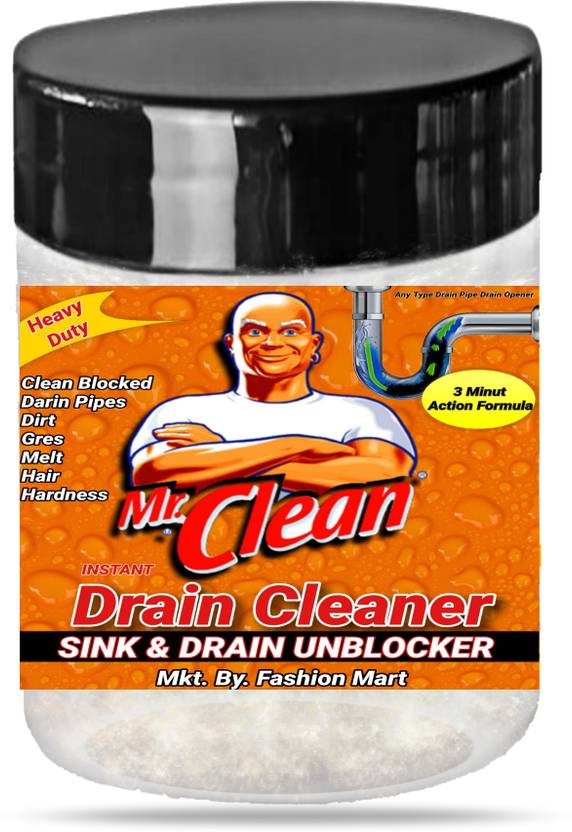
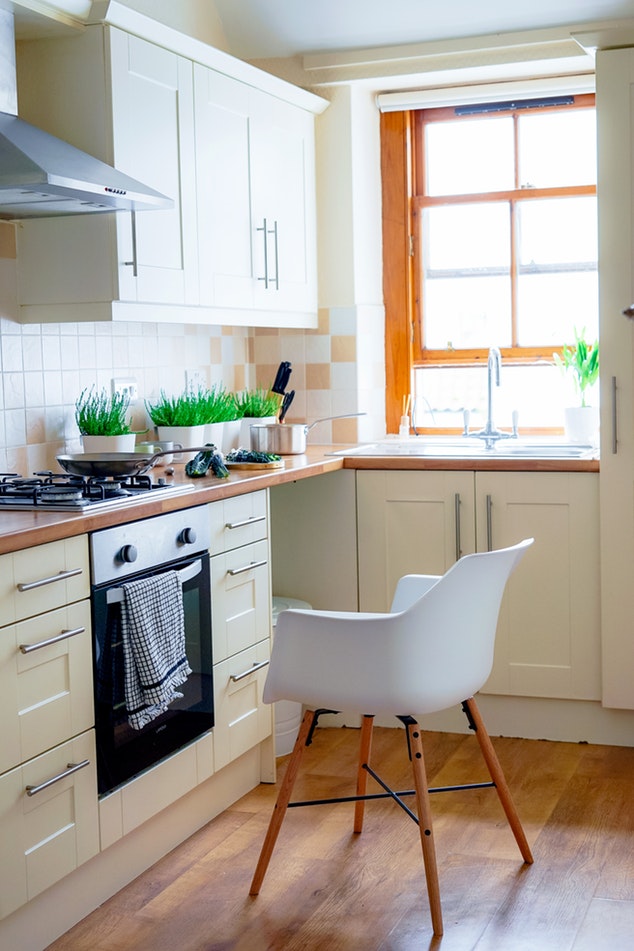
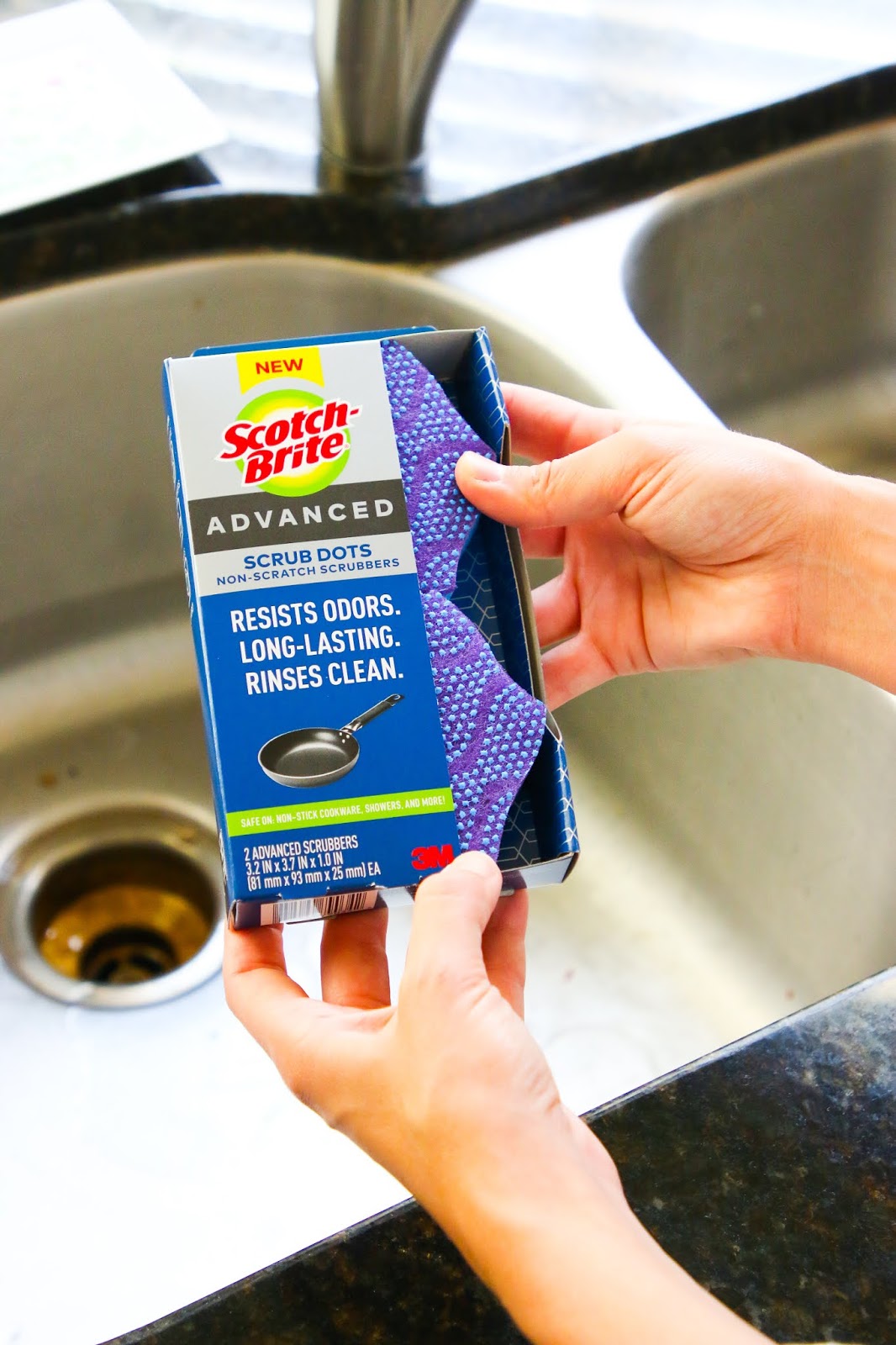
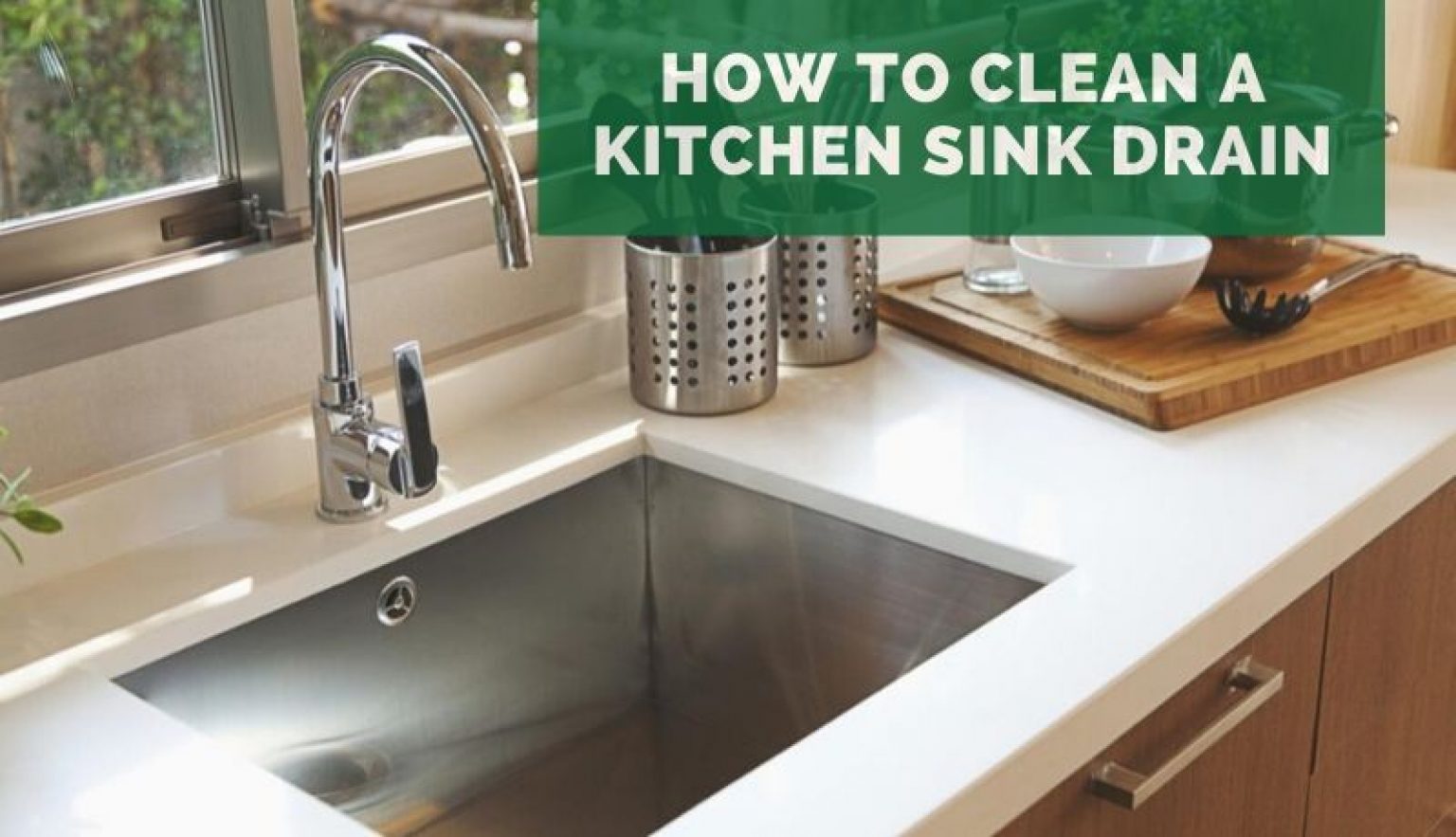

:max_bytes(150000):strip_icc()/how-to-clean-a-kitchen-sink-and-drain-01-5660035-a1d8afe3894346f9a579e66c55e64b7d.jpg)

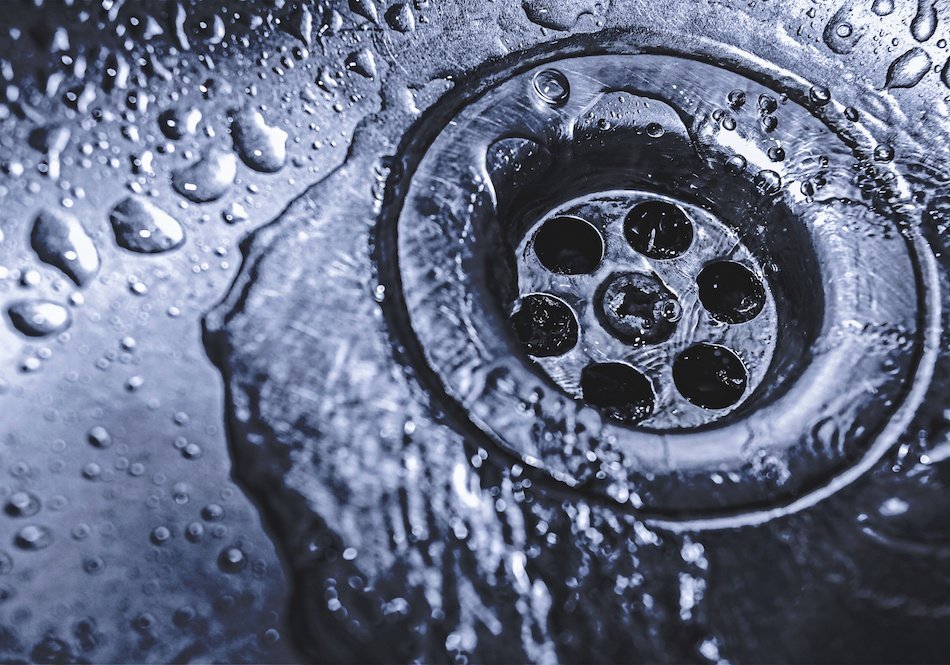
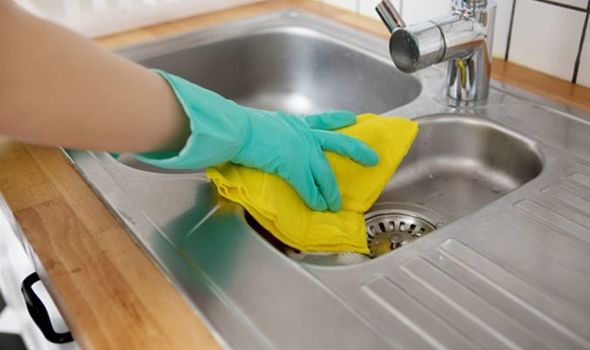


:max_bytes(150000):strip_icc()/how-to-install-a-sink-drain-2718789-hero-24e898006ed94c9593a2a268b57989a3.jpg)

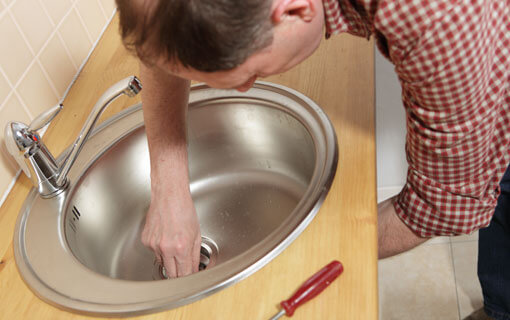




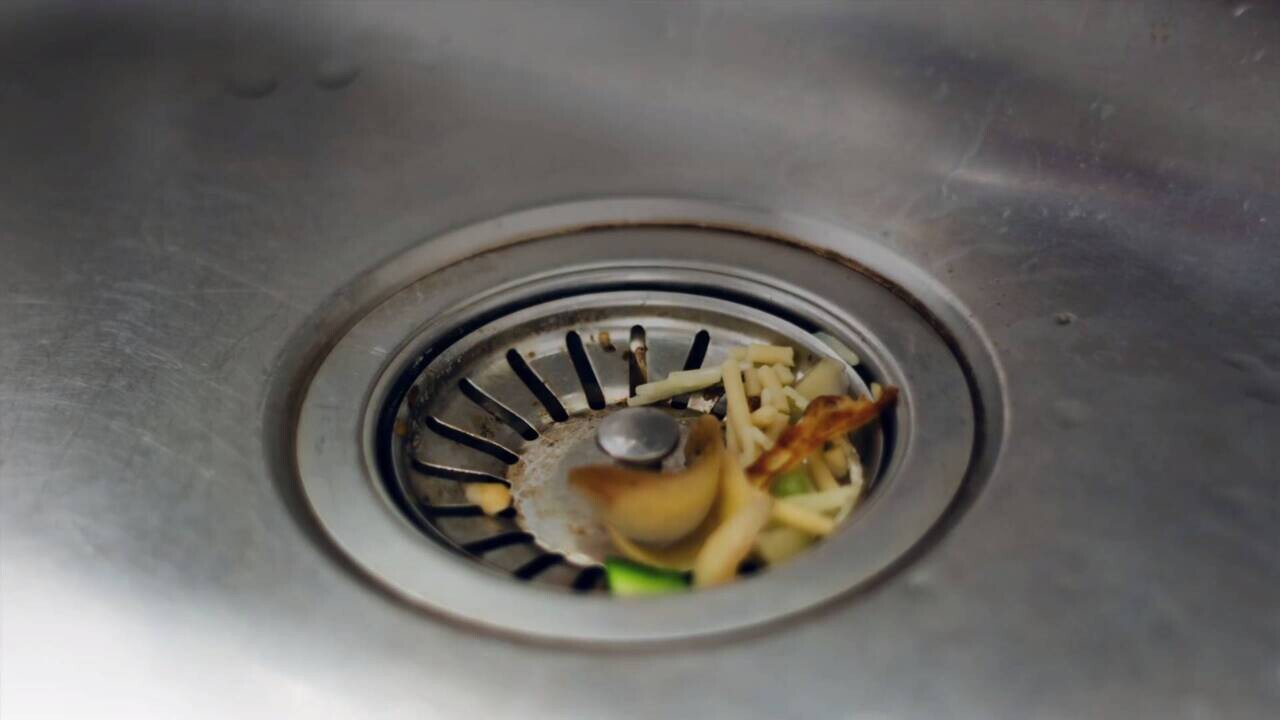










/how-to-install-a-sink-drain-2718789-hero-24e898006ed94c9593a2a268b57989a3.jpg)

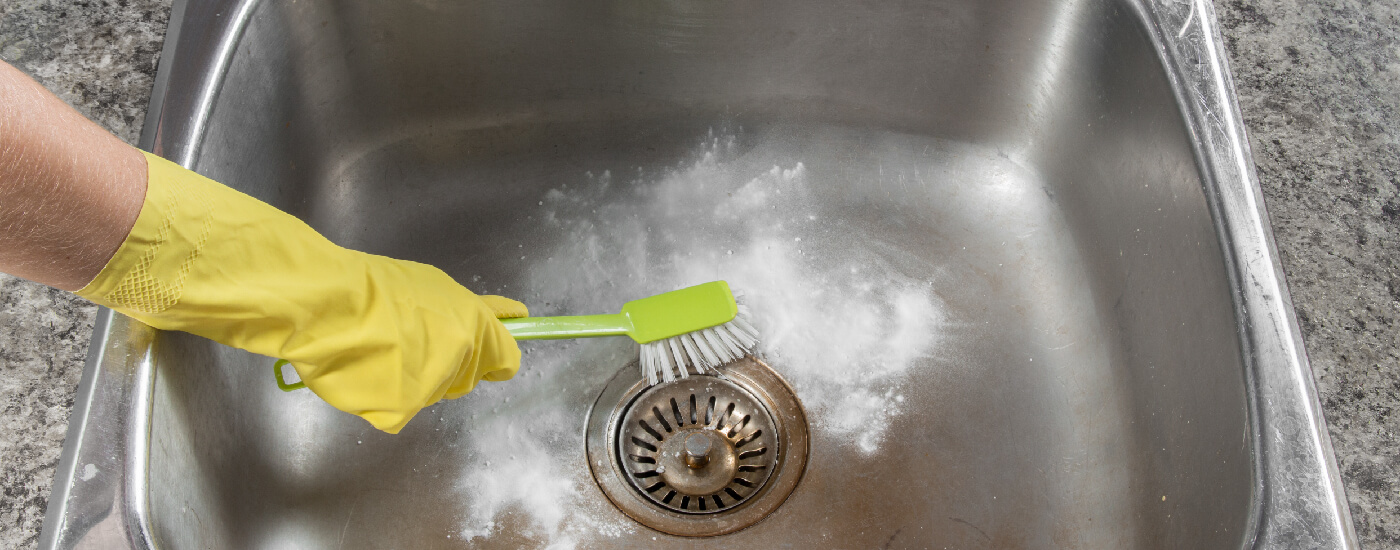

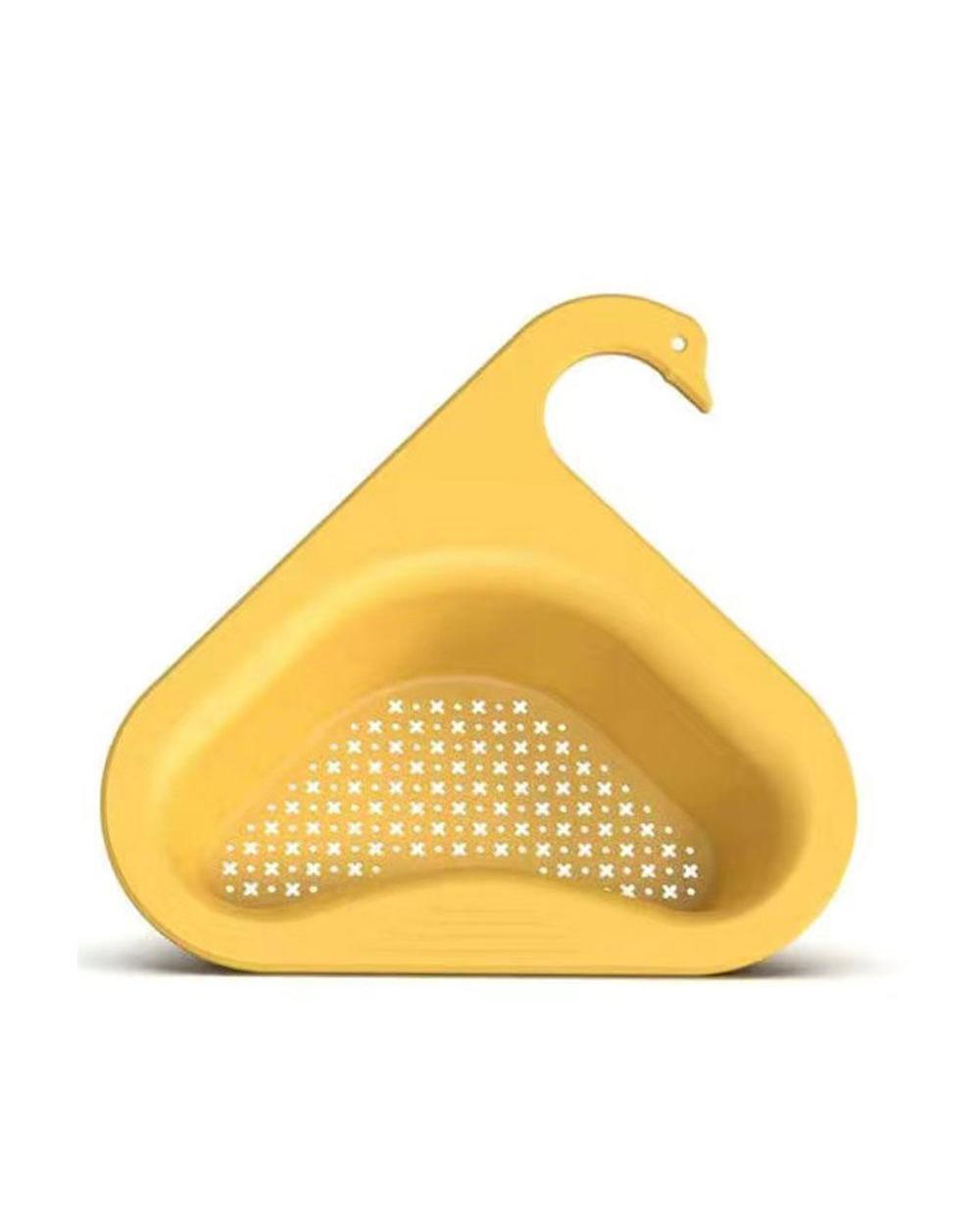
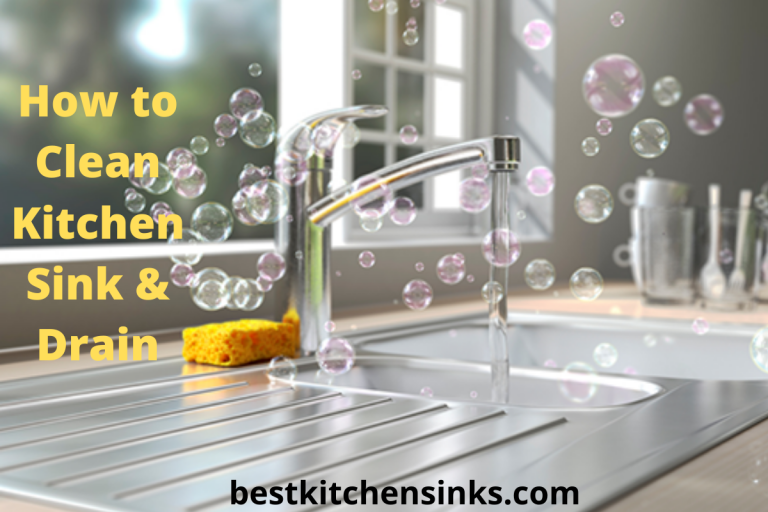
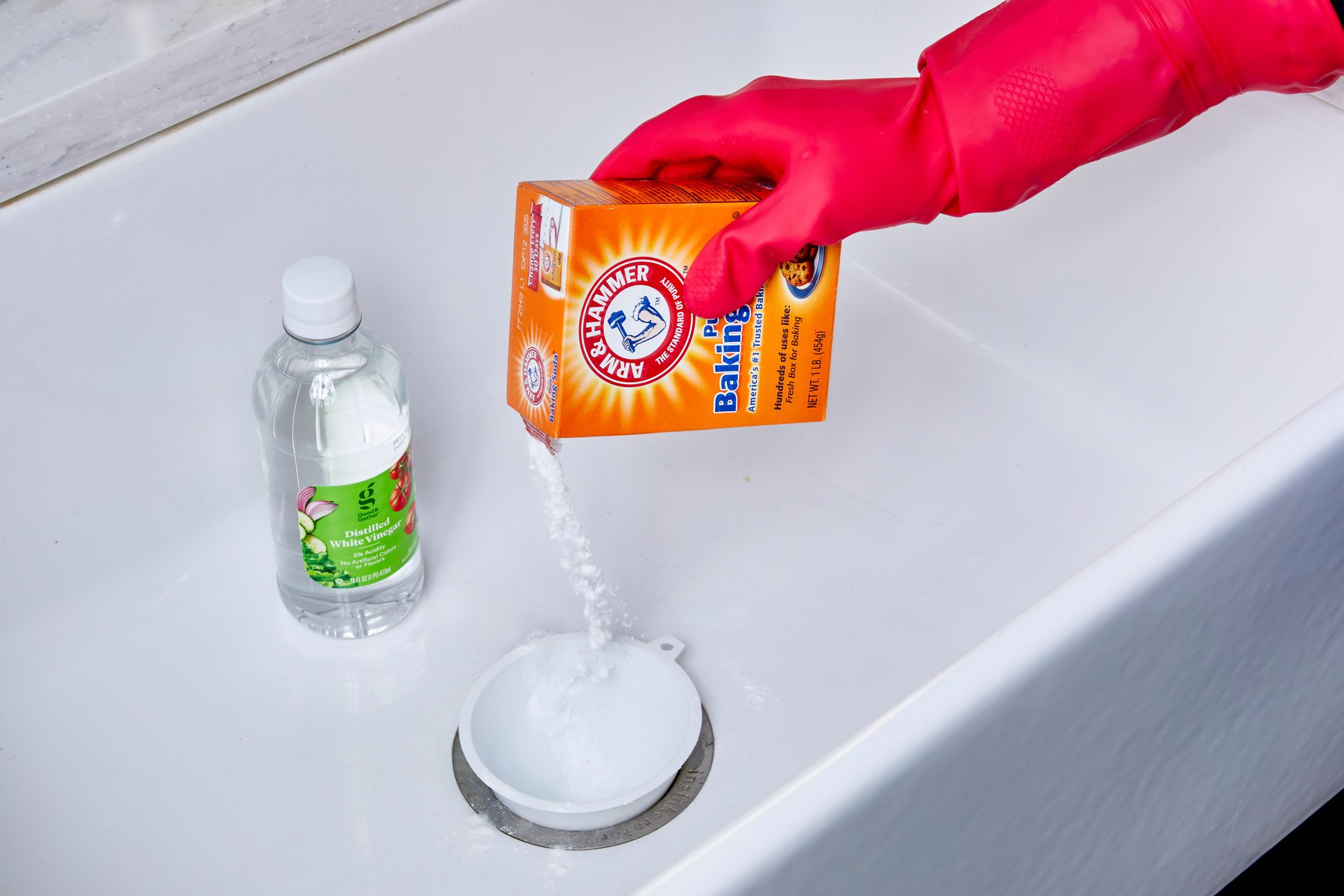


:strip_icc()/how-to-clean-a-kitchen-sink-and-drain-01-5660035-a1d8afe3894346f9a579e66c55e64b7d.jpg)

